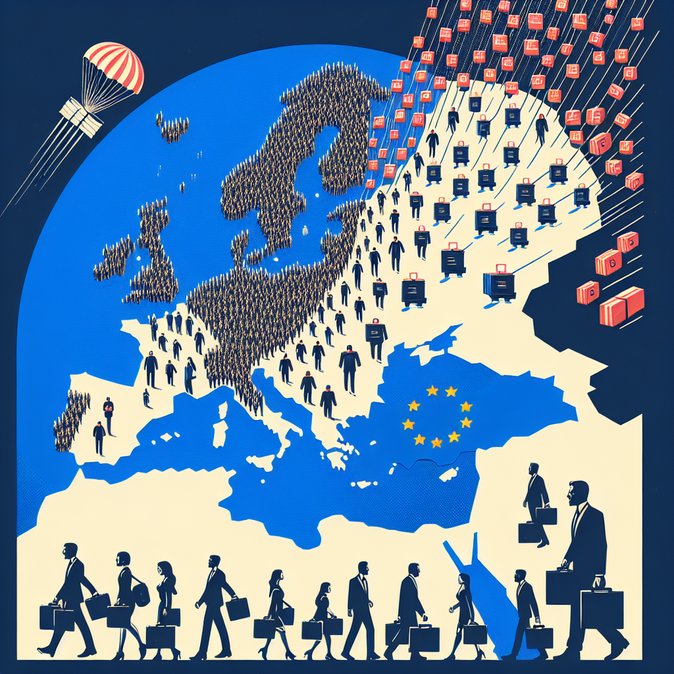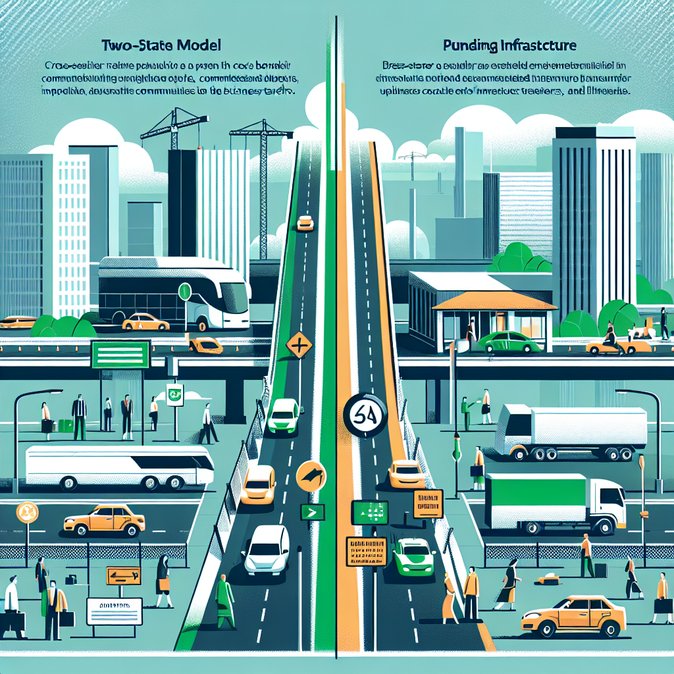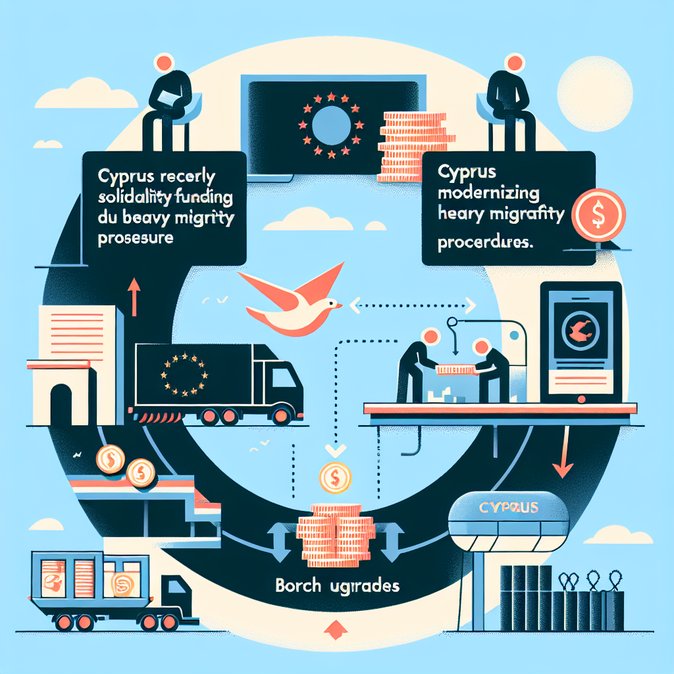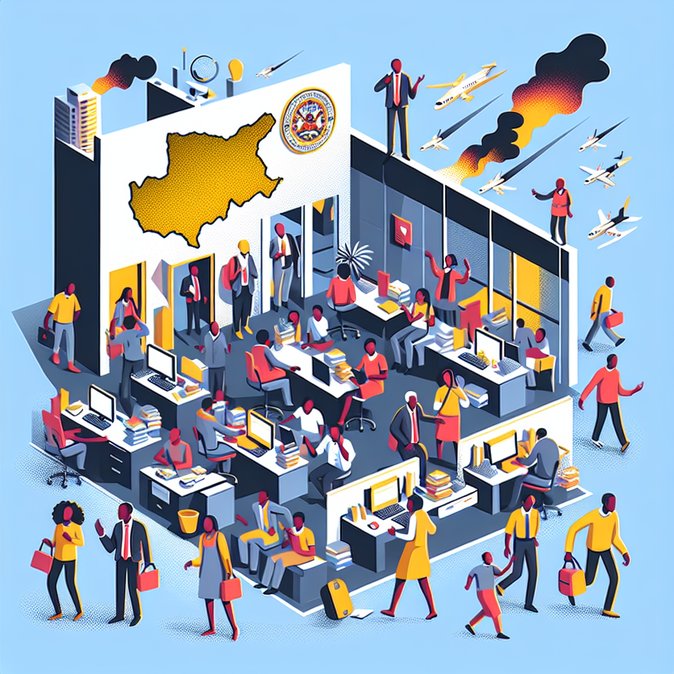
Cyprus received long-sought political recognition of the strain its migration system faces on 12 November when the European Commission issued its first Annual Report on Asylum and Migration. The report classifies the Republic of Cyprus as a Member State facing “migratory pressure”, even though irregular sea and land entries have fallen sharply since 2022 thanks to tighter border screening, voluntary-return incentives and a crackdown on trafficking rings.
Deputy Minister of Migration and International Protection Nikolas Ioannides hailed the finding as “a development of utmost importance”, arguing that it validates Nicosia’s claims that the island’s small labour market and limited reception infrastructure make each new arrival disproportionately costly. Cyprus, with a population just above one million, already hosts more than 175 000 legally resident third-country nationals—roughly 19 % of its inhabitants—while asylum seekers still account for 4 % of the total population, the highest share in the European Union.
![EU Report Confirms Cyprus Still Under ‘Migratory Pressure’ Despite 89 % Drop in Irregular Arrivals]()
Under the EU’s new Migration & Asylum Pact, the label carries tangible benefits. From mid-2026 Cyprus will be eligible for automatic support from the Pact’s Solidarity Pool, allowing other Member States to contribute either direct funding or relocations to ease pressure on the island’s reception centres. Officials in Nicosia say early access to that funding will accelerate an €80 million upgrade of the overstretched Pournara and Kofinou facilities and expand the “Business Facilitation Unit” that fast-tracks work permits for skilled foreign staff at international companies.
The report also commends Cyprus for achieving the EU’s highest returns-to-arrivals ratio (179 %) and for pioneering digital workflows that cut average asylum-case processing times from 22 months in 2022 to nine months today. In parallel, the government has opened a Syrian voluntary-return scheme, introduced stricter identity screening at the Green Line, and hired 200 additional caseworkers funded by the Asylum, Migration & Integration Fund.
For employers, the designation means that hiring non-EU nationals may become easier once EU relocation pledges start in 2026, but it could also bring more frequent compliance inspections as Brussels tracks how extra resources are used. Mobility managers should therefore prepare for faster—but more tightly audited—work-permit procedures, while NGOs anticipate a demand surge for integration services as reception bottlenecks ease.
Deputy Minister of Migration and International Protection Nikolas Ioannides hailed the finding as “a development of utmost importance”, arguing that it validates Nicosia’s claims that the island’s small labour market and limited reception infrastructure make each new arrival disproportionately costly. Cyprus, with a population just above one million, already hosts more than 175 000 legally resident third-country nationals—roughly 19 % of its inhabitants—while asylum seekers still account for 4 % of the total population, the highest share in the European Union.

Under the EU’s new Migration & Asylum Pact, the label carries tangible benefits. From mid-2026 Cyprus will be eligible for automatic support from the Pact’s Solidarity Pool, allowing other Member States to contribute either direct funding or relocations to ease pressure on the island’s reception centres. Officials in Nicosia say early access to that funding will accelerate an €80 million upgrade of the overstretched Pournara and Kofinou facilities and expand the “Business Facilitation Unit” that fast-tracks work permits for skilled foreign staff at international companies.
The report also commends Cyprus for achieving the EU’s highest returns-to-arrivals ratio (179 %) and for pioneering digital workflows that cut average asylum-case processing times from 22 months in 2022 to nine months today. In parallel, the government has opened a Syrian voluntary-return scheme, introduced stricter identity screening at the Green Line, and hired 200 additional caseworkers funded by the Asylum, Migration & Integration Fund.
For employers, the designation means that hiring non-EU nationals may become easier once EU relocation pledges start in 2026, but it could also bring more frequent compliance inspections as Brussels tracks how extra resources are used. Mobility managers should therefore prepare for faster—but more tightly audited—work-permit procedures, while NGOs anticipate a demand surge for integration services as reception bottlenecks ease.


